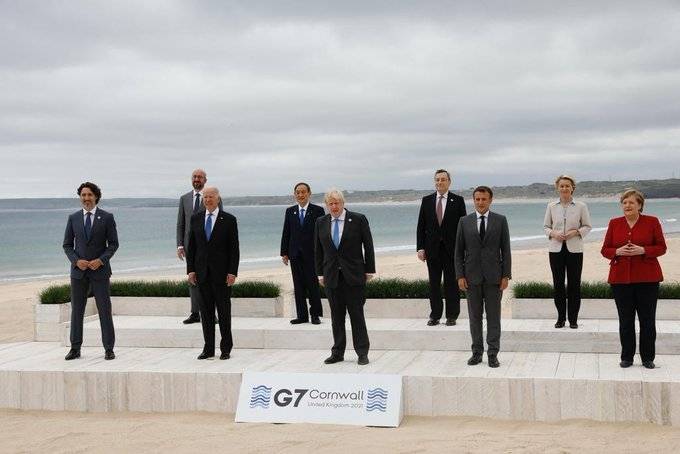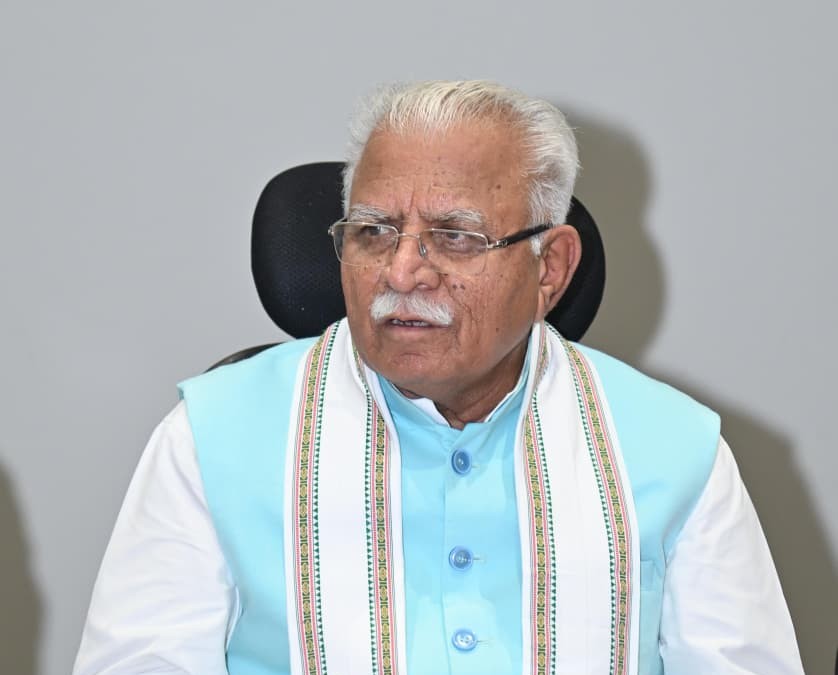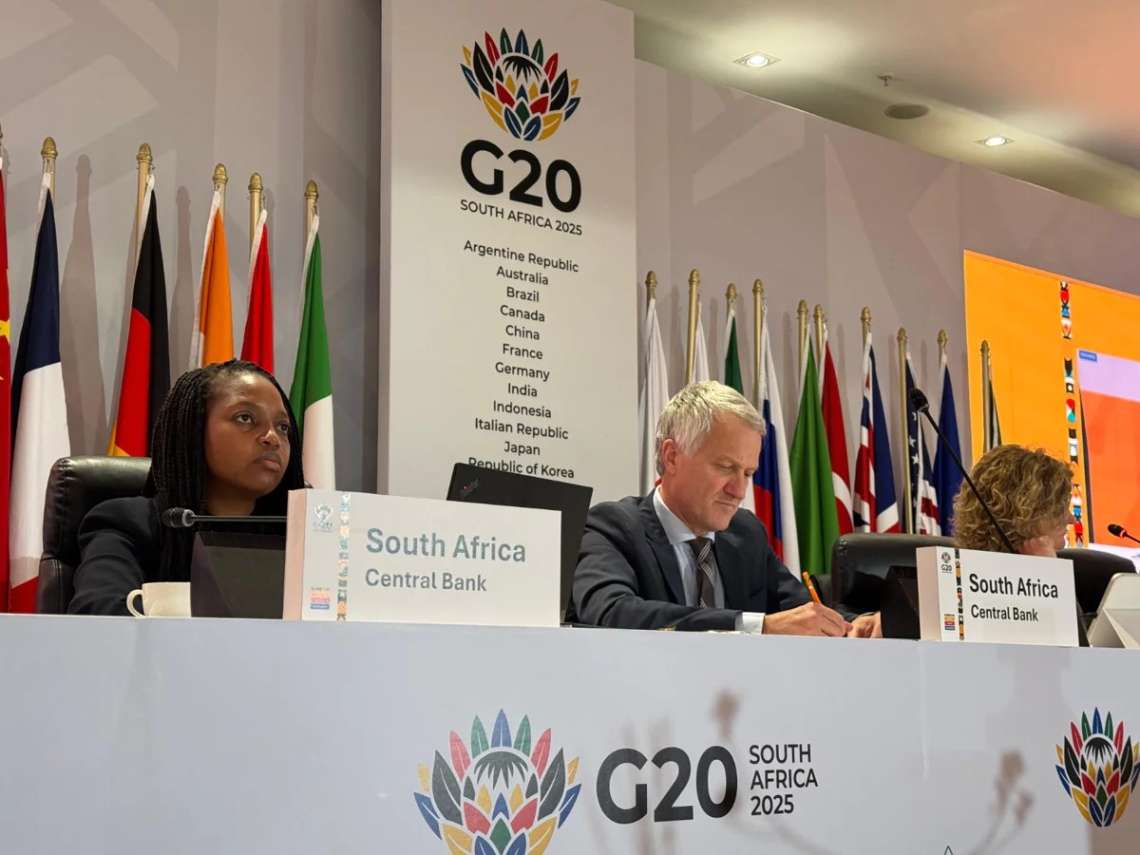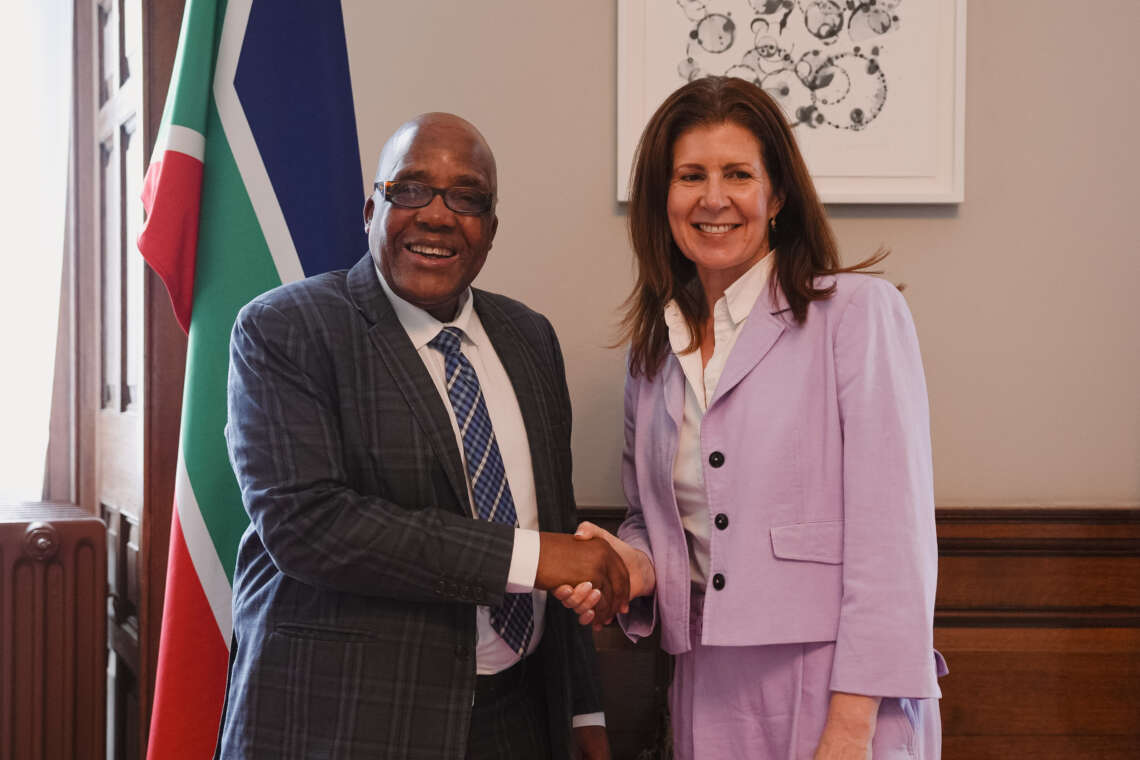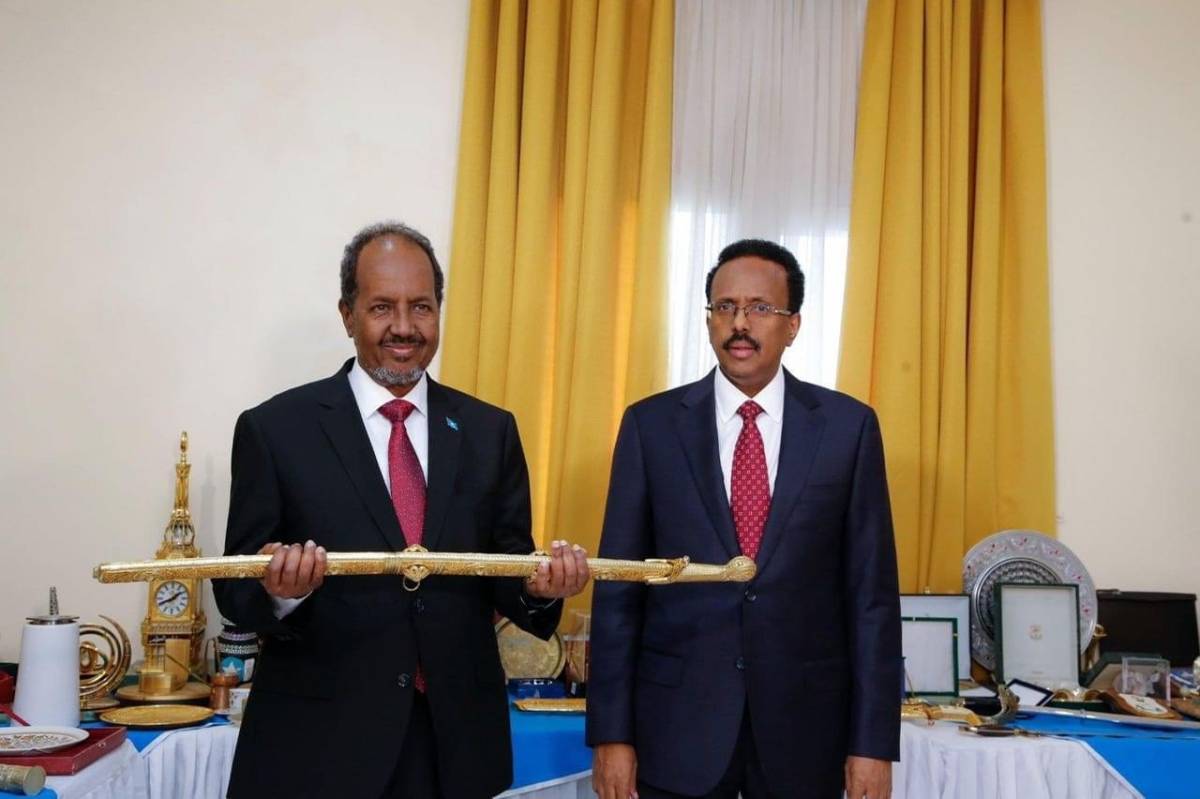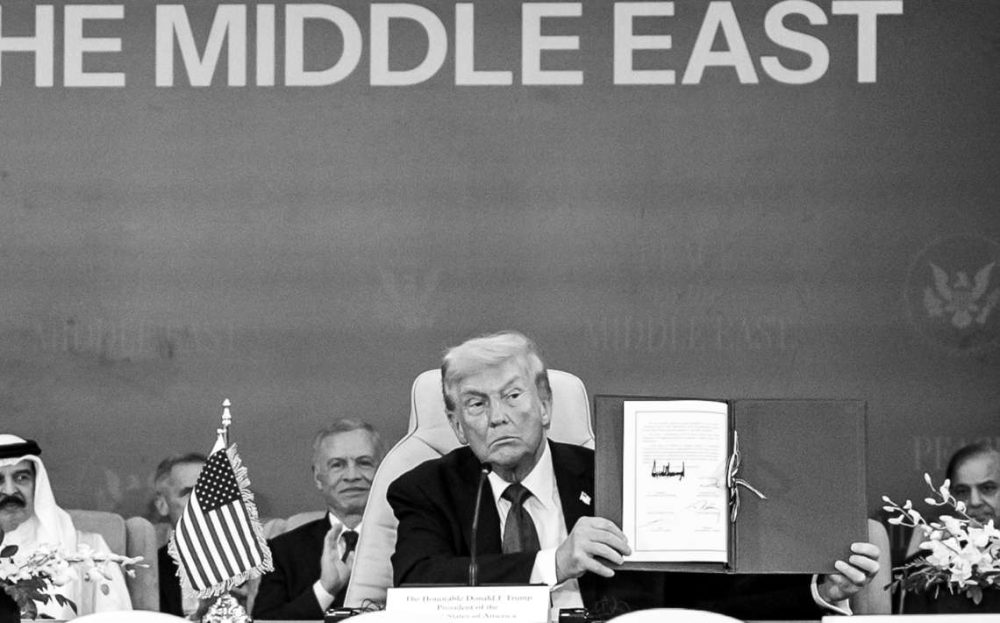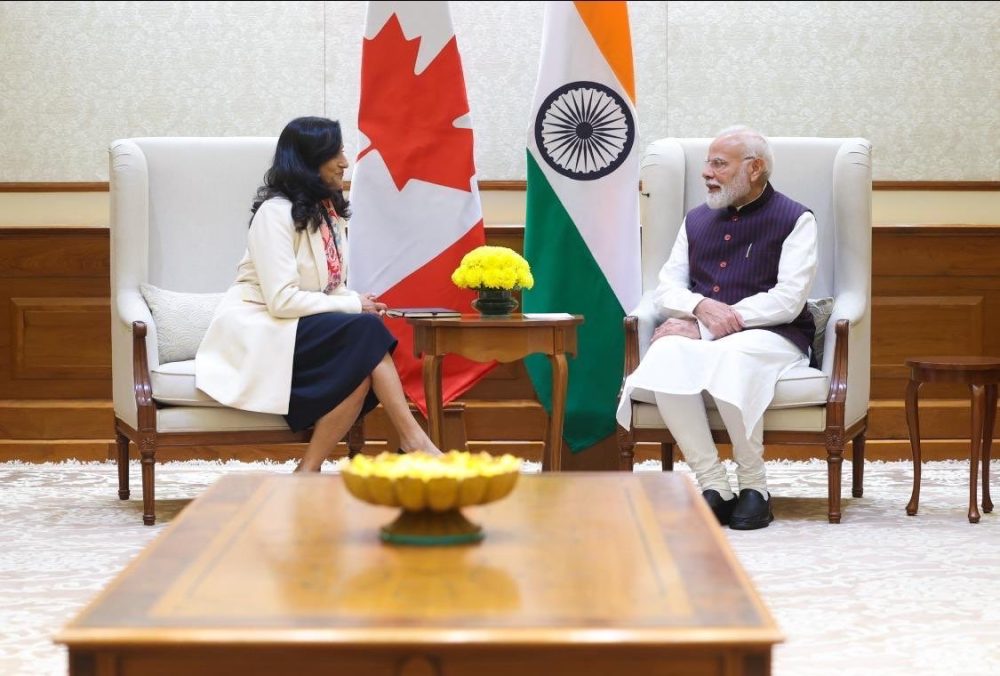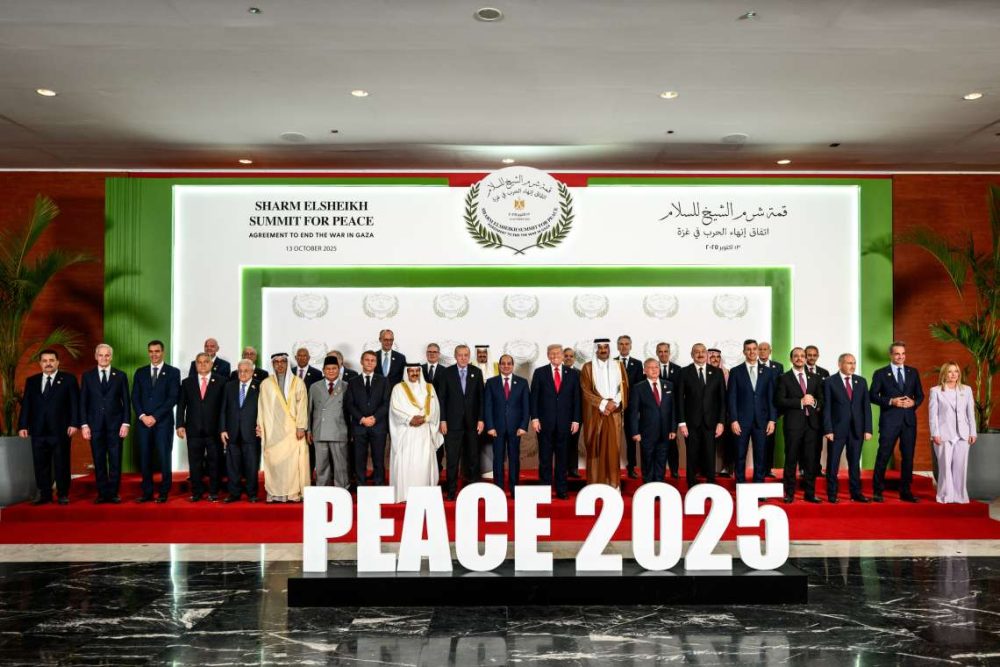If the West plays the boycotting game, the survival of the G- 20 will become uncertain, and this at a time when there is a need for coordination to tamper the serious impact of the Ukrainian conflict on the global economy….writes KANWAL SIBAL
Prime Minister Modi has been invited to the three-day G 7 summit in Germany starting from June 26. The context of this meeting has changed drastically because of the Ukraine conflict. This exclusive forum to superintend the global financial system had lost its salience in the wake of the 2008 global financial crisis, with the G 20 emerging as a wider group to address it through policy coordination by the world’s top economies.
As part of the comprehensive sanctions imposed on Russia for its invasion of Ukraine, the most potent is the weaponisation by the US of its financial power. Russian state and private assets have been frozen or confiscated, the Russian Central Bank and other major banks have been sanctioned, Russia has been expelled from the Swift system, western multinationals have withdrawn from Russia en masse, energy bans have been imposed and more will follow.
The West has declared Russia’s economic isolation as its goal. As a consequence, the global economy has come under pressure, oil prices have shot up with damaging impact on economies worldwide, food shortages are looming with disruption of global supplies of food grains and fertilisers. Inflationary pressures have built up. All countries are feeling the impact, including India.
With the West seeking the expulsion of Russia from the G -20, the viability of this forum is being called into question. At a G- 20 Finance Ministers virtual meeting in April in Washington D.C., the western Finance Ministers walked out when the Russian delegate spoke. This bodes ill for the G- 20 summit in Indonesia this year which President Putin will attend as of now, having accepted the invitation.
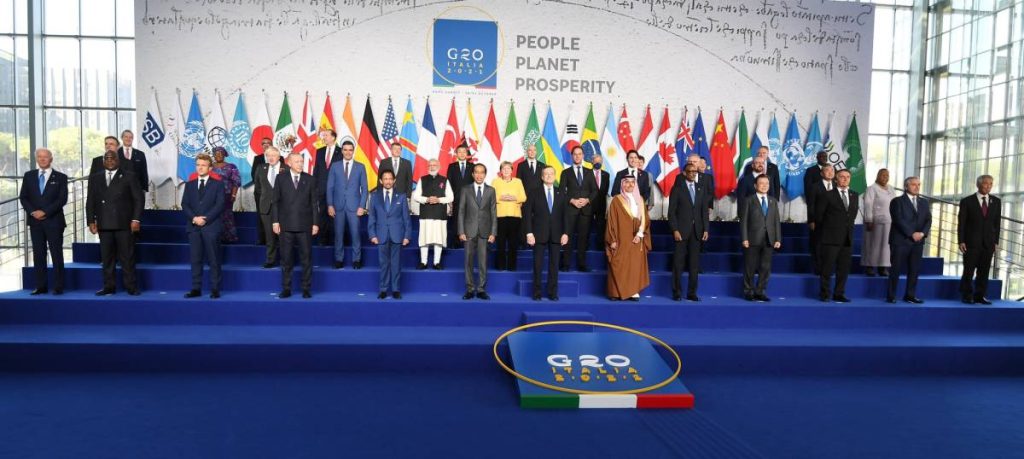
If the West plays the boycotting game, the survival of the G- 20 will become uncertain, and this at a time when there is a need for coordination to tamper the serious impact of the Ukrainian conflict on the global economy. The efforts of the US and Europe to boost oil supplies globally, for instance, is being done through bilateral diplomacy, not as a coordinated decision within the G- 20 format.
With the oxygen provided by the strengthening of transatlantic solidarity against Russia and energetic western diplomacy to pressure non-western countries to adhere to sanctions on Russia and join in condemning and isolating it, the G 7 is taking centerstage once again.
India has been invited to the G 20 summit, setting at rest rumours that we may not be because of our refusal to condemn Russia. India has, however, to weigh the consequences for the future of G-7 replacing or diluting the G-20 as the key politically and economically balanced grouping to steer the globe out of economic and financial crises.
In this context, the G-7 Foreign Ministers meeting from May 12 – 14 in Germany provides a clue to the nature and scope of discussions to be expected at the summit in June. The communique issued by the Foreign Ministers is all-encompassing. Russia’s invasion of Ukraine is severely condemned, but to claim that it is “a watershed moment for the 21st century and carries dramatic consequences far beyond Europe”, and that it is “unprovoked”, is plainly rhetorical, as the conflict could have been avoided if sufficient effort had been made to find a negotiated solution, which is still lacking as the doors for any negotiation are being closed by continuing to arm Ukraine, seeking Russia’s isolation and a regime change in the country. It is revealing that the communique does not mention “diplomacy” or “negotiations” anywhere, whereas India in its statements has been underlining the need for both these, besides an immediate ceasefire.
The consequences beyond Europe flow from the draconian sanctions imposed on Russia and pressures on all countries to subscribe to them rather than an openness towards mitigating their adverse consequences on countries distant from what is essentially a revived Cold War conflict in Europe in a changed international landscape with the effective demise of the nonaligned movement.
To blame Russia for “one of the most severe food and energy crises in recent history which now threatens those most vulnerable across the globe” is to evade the major responsibility of the G- 7 in contributing to this situation.”
The communique speaks of a “coordinated multilateral response to preserve global food security and stand by our most vulnerable partners in this respect”.
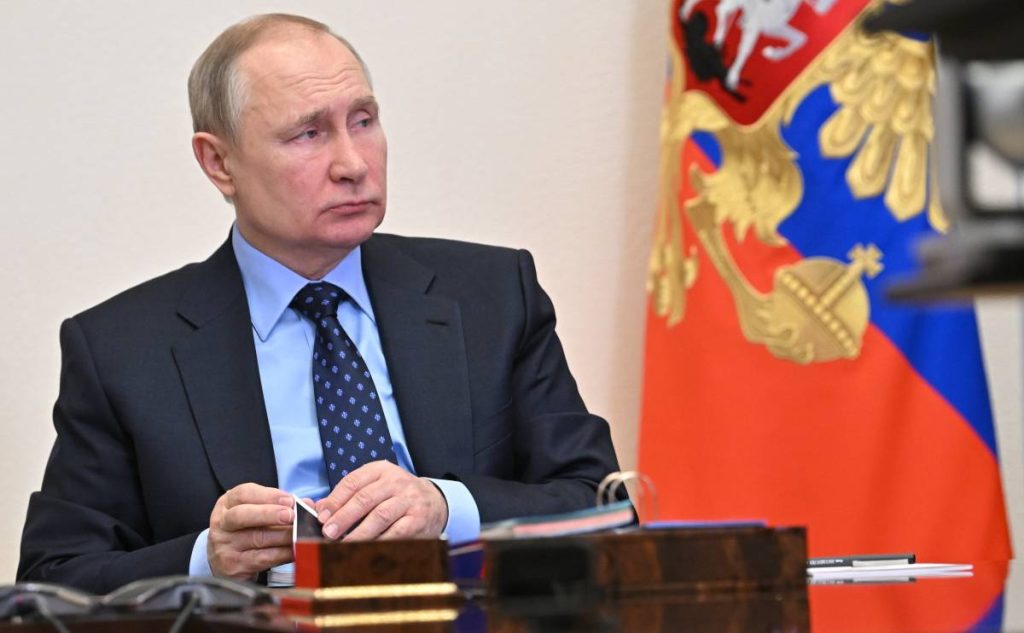
It is blatantly wrong on the part of the G-7 Agricultural Ministers to chide India on May 13 for banning unapproved wheat exports and calling on it “to assume its responsibility as a G 20 member”. In response to this uncalled-for criticism, India in a UNSC meet convened by the US presidency on the subject has robustly defended its position.
New Delhi unequivocally asserted that its decision was meant to ensure that those most in need get relief and that the issue of food grains should not go the way of Covid -19 vaccines purchased by rich nations in excess of their requirements, depriving the less developed nations access to them.
India cautioned against hoarding and speculation. “Open markets must not become an argument to perpetuate inequity and promote discrimination”, India has said, adding that New Delhi intends to support the needs of neighbouring and other developing countries” by exporting only to those countries from which requests are received by India as a way to uphold equity, display compassion and promote social justice.
The communique speaks of economic coercion, information manipulation, including disinformation etc. in the context of Russia’s invasion. It talks of the G-7 working together through the Media Freedom Coalition to defend media freedom. There is a reference to Rapid Response Mechanism to collectively safeguard G-7 democracies from foreign threats in the information domain, linked again to Russia’s aggression against Ukraine.
But is Russia alone guilty of information manipulation and disinformation? The West has censored Russian media despite what is being claimed in terms of media freedoms. The narrative about the conflict in Ukraine is being tightly controlled by the Western media, with much disinformation. This is apparent also in the one-sided coverage of the crisis in India derived from western sources.
On the climate crisis the G-7 FM’s meeting talks of its commitment to provide support for developing countries to make the energy transition, including climate finance. This remains to be seen. The G-7 wants to explore establishing an open, cooperative international Climate Club, consistent with international rules, and with participation beyond the G-7. The import of this is not clear, as is the reference to just energy-transition partnerships on a case- by- case basis. The implication seems to be that financing, access to green technologies, technical assistance will be on a selective, not universal, basis.
Energy transition for sustainable growth is also linked to Russia’s aggression against Ukraine, with a call to accelerating upstream investments, including in LNG projects and decreasing G-7 dependency on Russia’s energy, overlooking the fact that gas pipelines are more climate friendly than tanker supplied LNG.
It is also linked to development of secure and sustainable sources of critical minerals- including rare earth elements- essential for green technologies. Responsible business conduct including human rights and environmental due diligence in global value chains is seen as contributing to resilient supply chains- a way of bringing in these issues in investment by multinationals abroad.
While the communique speaks of “equitable access to and provision of vaccines, therapeutics and diagnostics” in the context of the pandemic, the US, EU and others are resisting in the WTO the scope of waivers under TRIPS for production of vaccines to meet the needs of developing countries, as proposed by India and South Africa.
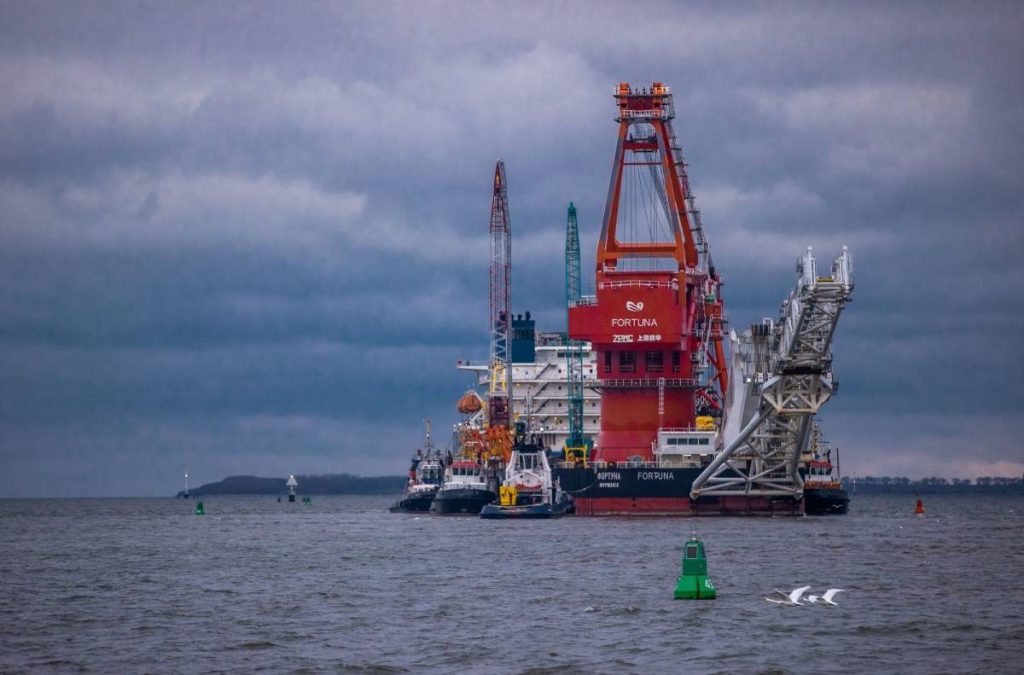
The paras on the Indo-Pacific are strongly worded, with rejection of China’s claims in the South China Sea and urging it to comply with the UNCLOS arbitral award. Serious concern about the situation around the East and South China Seas is expressed. Significantly, neither the Quad nor AUKUS are mentioned.
There is no reference to the situation in the Indian Ocean or China’s aggression in Ladakh. China is, however, is asked to uphold the principles of the UN Charter and “abstain from threats, coercion, intimidation measures or use of force”. It is encouraged to support the independence and sovereignty of Ukraine, urge Russia to stop its aggression, not assist it or undermine sanctions, not justify its action and not engage in information manipulation and disinformation to legitimise its war against Ukraine. This sounds unrealistic in the context of China itself being declared as an adversary by the US and targeted in many ways, and the West’s own responsibility in pushing Russia into China’s arms.
The hardening of tone towards China is reflected in the support extended to Taiwan’s “meaningful participation in the World Health Assembly and WHO technical meetings.
Much more so in the expression of deep concern about the human rights situation in China, particularly in Xinjiang and Tibet, and the demand that independent observers, including the UN High Commissioner for Human Rights, be given “immediate, meaningful and unfettered access” to both these territories. China is also asked to respect Hong Kong’s autonomy and rights.
The language on Myanmar is very strong too, and is not in line with India’s stance. On Afghanistan there is the usual verbal hand wringing about the abuse of human rights, especially of women and girls, recurring terrorist attacks against ethnic and religious minorities etc. but the irony is that the defiant Taliban have announced more measures suppressing the rights and freedoms of women, disregarding international reaction.
On Libya, the G- 7 urge the full resumption of oil production, even as they sanction Russian oil. The paras on Syria are very hard line. Iraq merits a long para, as does Yemen, the Horn of Africa, Somalia, Sudan, Ethiopia, Sahel, Gulf of Guinea, Venezuela and Haiti. Significantly, contrary to the US position, the G 7 commitment to a negotiated Two-State solution, with a viable Palestinian State is mentioned, as also the historic status quo in Jerusalem. The expansion of settlements is opposed. Other subjects touched are G7-Africa Partnership, with Russia’s Ukraine war blamed for rising energy, food and fertiliser prices and increased cost of borrowing in the continent.
On UN reform, the UNSG’s path for a more agile, integrated and cohesive UN is mentioned, whatever that means in practical terms. While recommitting itself to a reform of the UN Security Council- not expansion- deep concern is expressed by Russia’s abuse of its position as permanent member, particularly in the context of its Ukraine aggression. Clearly, the G-7 is not concerned about its credibility as its western members have taken military action against several countries without the approval of the UNSC and have used their veto power too whenever needed.
On the NPT and disarmament, the G- 7 statement relies on recycled formulations that have lost meaning and credibility, such as their commitment to disarmament and promoting the universalisation of NPT (when North Korea has quit the NPT and is expanding its nuclear arsenal despite western pressure). To say that they are committed to a “world without nuclear weapons with undiminished security for all” flies in the face of US allocating huge funds to modernise its nuclear arsenal and the UK’s Trident programme. Not only the western nuclear powers refuse to subscribe to the No First Use doctrine, the risk of a nuclear war is emerging in the way that the Ukraine war is sought to be used to corner a nuclear Russia.
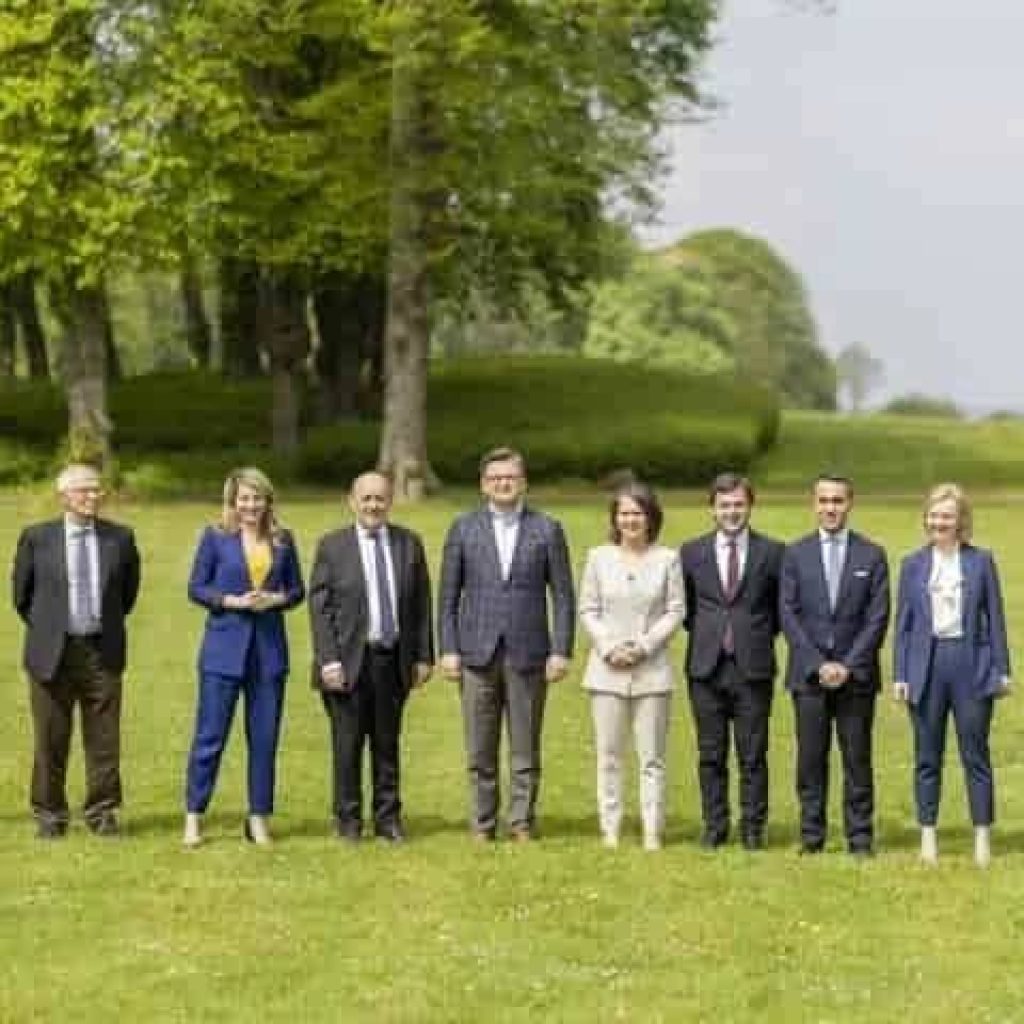
The hope of the G- 7 of involving China in an active arms control dialogue has to be seen in the context of a rapid expansion of China’s nuclear arsenal and new ICBMs. The G-7 unrealistically demands that North Korea to verifiably abandon its nuclear weapons and missile programme. To move in that direction, genuine international cooperation is needed, the possibility of which in the UN or outside has receded with the rising confrontation between the US with both Russia and China, which may not want a nuclear North Korea on their borders but will want geopolitical concessions in return, for which the atmosphere is becoming less congenial.
The G-7, in a long para on Iran, states its commitment to ensure that Iran never develops a nuclear weapon and its support for a restoration and full implementation of the Iran nuclear deal (JCPOA), but places all the burden on Iran, omitting any reference to lifting of sanctions.
The para on international terrorism does not meet India’s requirements as it is not broad based, with only the threat from Daesh, Al-Qaeda and their affiliated groups being mentioned, though the call for the full implementation of the FATF standards is right. At the G-7 summit India will no doubt seek a stronger statement on terrorism that reflects India’s regional concerns relating to Pakistan and the Taliban in Afghanistan.
On infrastructure and connectivity, the China challenge is sought to be addressed through a step change to financing, adherence to existing international standards for sustainable, quality and transparent investment in line with G7 Ise-Shima principles and the G 20 principles for Quality Infrastructure Investment.
The importance of a geo-strategic approach to connectivity that contributes to value chains, reduces strategic dependencies, including on critical raw materials and energy, human centric digital ecosystem, high environmental, social, financial, labour, governance, open, economically efficient and transparency standards, including debt sustainability and promotion of G-7 values globally.
How the Russian war against Ukraine has far reaching impact on global connectivity and further highlights the benefits of diversified and resilient supply chains that the communique is not clear. Trying to link these agendas to Russia and Ukraine seems political propaganda. The intention is to closely align the EU Global Gateway, the US global infrastructure investment, the Japanese Partnership for Quality Infrastructure and the British international investment initiative.
How all this can work, with all its conditionalities, in developing countries and meet the BRI challenge in Eurasia or in our region is difficult to imagine.
The paras on making democracies more resilient and strengthening democratic institutions speak of malign behaviour and foreign hostile interference in democratic systems. The opposite is also true- of democratic countries interfering in the internal affairs of other countries to change their systems from within.
Human rights are linked to online freedoms. All countries are urged, in accordance with their international legal obligations and commitments, to refrain from intentional disruptions to render internet and mobile networks inaccessible as that undermines the exercise of individual rights and freedoms. This again is intrusive in scope.
The G-7 communique is excessively long, repetitive, tedious, sententious. In many parts the G- 7 agenda suits India’s interests, in many other parts it is intrusive and partisan in its thinking and is at odds with a more consensual and balanced approach that the G-20 can provide in addressing shared challenges.
(The content is being carried under an arrangement with indianarrative.com)


